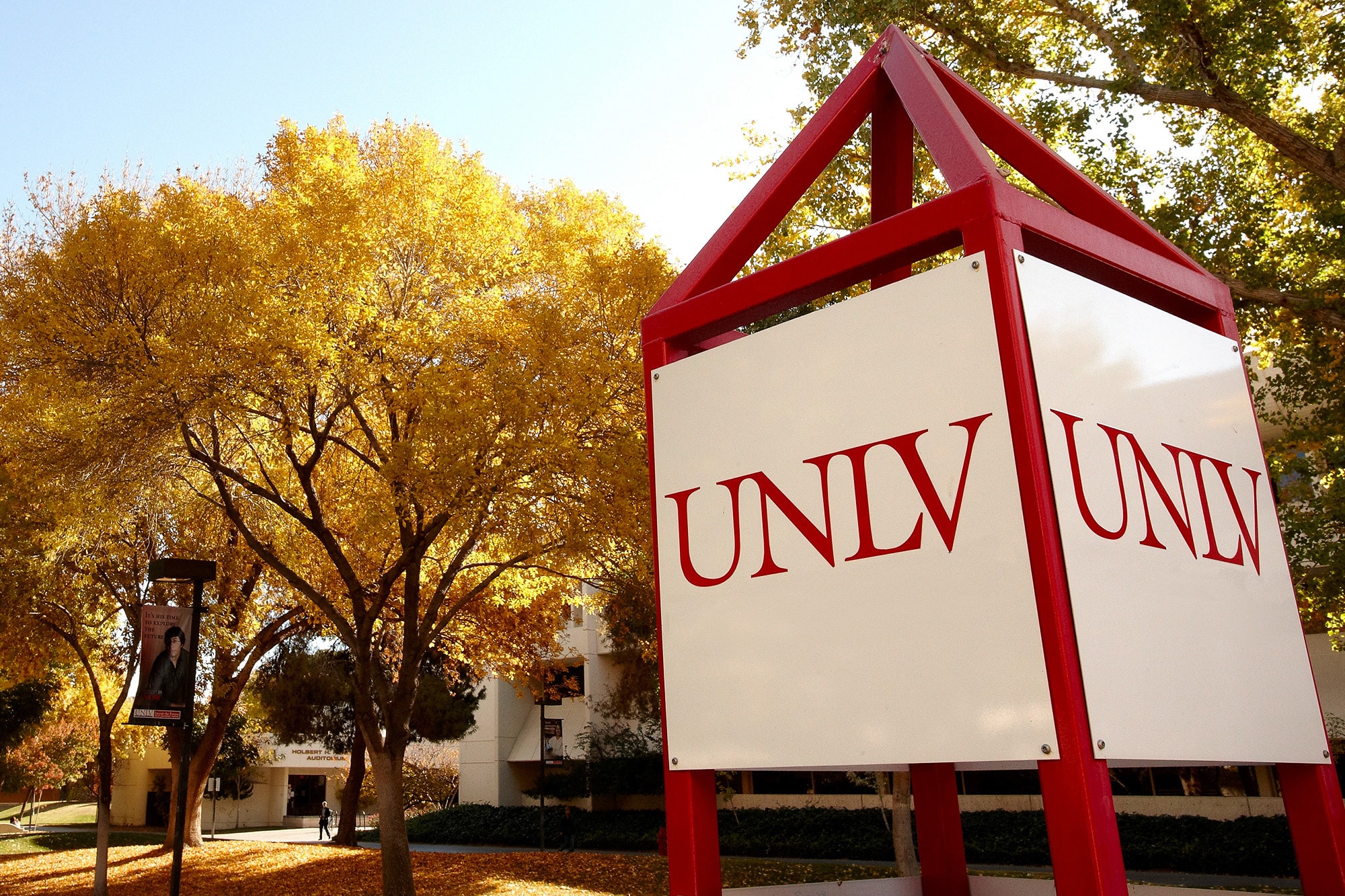UNLV's master's degree program in health physics recently became one of the first such programs in the country to be accredited by the Applied Science Accreditation Commission (ASAC) of the Accreditation Board for Engineering and Technology, Inc. (ABET).
The accreditation process, which took approximately 18 months to complete, consisted of numerous stages, including an extensive application process, a comprehensive program assessment, and a site visit by an ABET evaluation team. During its visit last spring, the ABET team met with faculty and administrators to ensure the department was meeting the high standards required for this level of accreditation.
Bill Johnson, associate professor of health physics at UNLV, says that in addition to affirming the department's progress, the accreditation also gives the 8-year-old graduate program added professional legitimacy.
"Becoming one of the first ABET-ASAC accredited programs has allowed us to measure ourselves against some of the older and more established programs around the country," Johnson said. "By raising the program's local and national reputation, this accreditation will also serve to improve our student's employment prospects, help attract and retain highly talented faculty, and provide the department with leverage when pursuing both internal and external funding sources."
Prior to the ABET-ASAC accreditation, health physics programs around the country lacked an official accrediting body and were judged strictly on their reputations within academia. Johnson and his colleagues hope the accreditation will provide employers and potential funding sources with a more objective method for rating the quality of academic programs in the discipline of health physics.
Idaho State University and Oregon State University were the only two other institutions whose programs have been accredited by ABET-ASAC. There are approximately 24 health physics programs nationwide.
Health physics is the profession dedicated to the protection of the individual, the population, and the environment from the potentially harmful effects of radiation. It incorporates the principles and technical skills from many disciplines: physics, chemistry, biochemistry, biology, mathematics, ecology, toxicology, and industrial hygiene.
In addition to its master's degree program, UNLV's department of health physics also offers a bachelor's degree in the discipline, as well as undergraduate degrees in nuclear medicine and comprehensive medical imaging.
Although the health physics accreditation was only recently established, ABET has been accrediting college and university programs in engineering and technology for more than 70 years and is currently affiliated with 32 professional engineering and technical societies, including the Health Physics Society.



